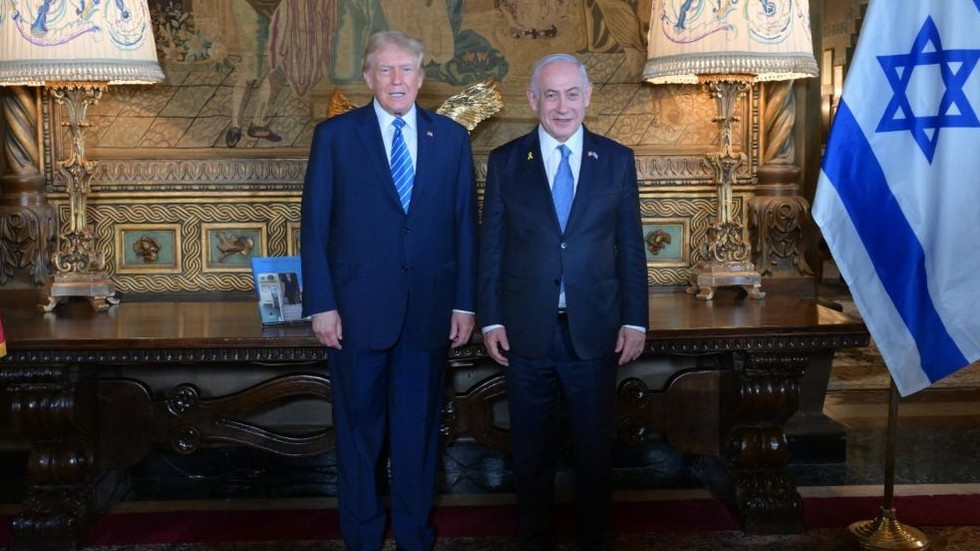Former US President Donald Trump has expressed his desire for the ongoing conflict between Israel and Hamas to conclude before his potential inauguration day in January, should he win the upcoming presidential election. According to reports from the Times of Israel, Trump communicated this wish to Israeli Prime Minister Benjamin Netanyahu during a meeting at Trump’s Mar-a-Lago estate in Florida back in July. This demand appears to stem from Trump’s long-standing position of support for Israel, juxtaposed against the backdrop of the humanitarian crisis unfolding in Gaza, which he characterized as negatively impacting Israel’s global image. Trump has been vocal about the need to “finish up” the conflict and suggested that prolonging the war would result in detrimental international publicity for Israel.
The discussions between Trump and Netanyahu revealed varying interpretations of what “ending the war” entails. While Trump did not specify a deadline, he suggested that an acceptable resolution could involve ongoing operations by the Israel Defense Forces (IDF) in Gaza. This indicates a nuanced perspective, where Trump may support continued military actions while still pressuring for a broader resolution that could be marketed positively. Meanwhile, Netanyahu has asserted that the IDF’s campaign against Hamas will persist until they achieve a comprehensive victory and reestablish full security control over the Gaza Strip.
Netanyahu faces complex political dynamics domestically that complicate the prospect of wrapping up hostilities quickly. He has publicly rejected Hamas’s proposal for a withdrawal in exchange for hostage releases, which also includes about 100 individuals currently held by the militant group. The Israeli Prime Minister’s hardline coalition partners have indicated that they would undermine his government if a ceasefire were implemented, thereby threatening his political survival. This urgent consideration of internal coalition politics adds layers of difficulty to any potential resolution or peace talks in the near future.
Another layer of complexity is the varying perceptions among stakeholders regarding the end of the conflict and what it may entail. According to a US source quoted in the reporting, the term “end” could be subject to interpretation, leaving room for military activity to persist under a new strategic guise. The existence of hostages further complicates any potential agreements, as their status remains a significant point of leverage for Hamas and a humanitarian concern for Israel and the international community. In light of these realities, the notion of a pre-inauguration resolution appears to be heavily contingent upon multiple factors, including military progress and the outcome of negotiations regarding the hostages.
Despite his pro-Israel rhetoric, Trump is attempting to broaden his appeal, particularly among Arab-American voters, by positioning himself as a peacemaker in the region. In a recent social media post, he attributed the current conflicts in Lebanon to the policies of the current administration, particularly Kamala Harris and Joe Biden. By framing himself as a candidate who would prioritize peace and stability in the Middle East, Trump is seeking to create a contrast to his political rivals, potentially leveraging bipartisan sentiments towards ending hostilities.
As the situation unfolds, the interplay between Trump’s ambitions, Netanyahu’s political maneuvers, and the pressures of public opinion will likely shape the trajectory of the conflict. Any significant developments in the coming days and weeks will be closely scrutinized, as they may influence not only the prospects of military operations in Gaza but also the outcome of the American presidential election itself. With multiple stakeholders involved, including regional powers and domestic political entities, the resolution to this complex situation remains uncertain, yet highly significant for the future of Israeli-Palestinian relations and broader Middle Eastern stability.

